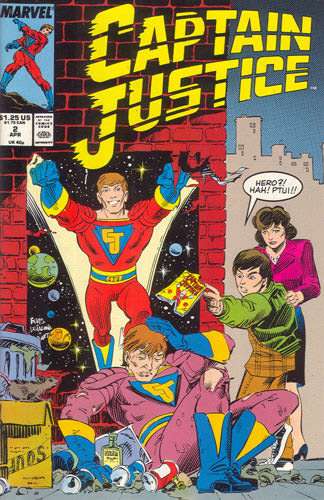Prosecutor Asks That She Not Be Called 'the Government' Because the Term Is 'Derogatory'

Last month a Tennessee judge overseeing a burglary case rejected a pretrial motion in which the prosecution requested that it not be referred to as "the Government" because that term is "derogatory." In the May 22 motion, Assistant District Attorney General Tammy J. Rettig noted with alarm that "it has become commonplace during trials for attorneys for defendants, and especially Mr. [Drew] Justice [the defendant's lawyer], to refer to State's attorneys as 'the Government' repeatedly during trial." Rettig worried that "such a reference is used in a derogatory way and is meant to make the State's attorneys seem oppressive and to inflame the jury." She added that "attempts to make the jury dislike the State's attorney have no place in the courtroom." She therefore urged Williamson County Circuit Court Judge Michael Binkley to bar Justice from using the g-word during the trial and instead refer to her as "General Rettig, the Assistant District Attorney General, Mrs. Rettig, or simply the State of Tennessee."
In his response, Justice argued that such an order would violate the First Amendment. Should Judge Binkley nevertheless see fit to comply with Rettig's request, Justice said, he also should consider a few other speech limits in the interest of avoiding prejudicial terminology:
First, the Defendant no longer wants to be called "the Defendant." This rather archaic term of art, obviously has a fairly negative connotation. It unfairly demeans, and dehumanizes Mr. Donald Powell. The word "defendant" should be banned. At trial, Mr. Powell hereby demands be addressed only by his full name, preceded by the title "Mister." Alternatively, he may be called simply "the Citizen Accused." This latter title sounds more respectable than the criminal "Defendant." The designation "That innocent man" would also be acceptable.
Moreover, defense counsel does not wish to be referred to as a "lawyer," or a "defense attorney." Those terms are substantially more prejudicial than probative….Rather, counsel for the Citizen Accused should be referred to primarily as the "Defender of the Innocent." This title seems particularly appropriate, because every Citizen Accused is presumed innocent. Alternatively, counsel would also accept the designation "Guardian of the Realm." Further, the Citizen Accused humbly requests an appropriate military title for his own representative, to match that of the opposing counsel. Whenever addressed by name, the name "Captain Justice" will be appropriate. While less impressive than "General," still, the more humble term seems suitable. After all, the Captain represents only a Citizen Accused, whereas the General represents an entire State.
Along these same lines, even the term "defense" does not sound very likeable. The whole idea of being defensive, comes across to most people as suspicious. So to prevent the jury from being unfairly misled by this ancient English terminology, the opposition to the Plaintiff hereby names itself "the Resistance." Obviously, this terminology need only extend throughout the duration of the trial—not to any pre-trial motions. During its heroic struggle against the State, the Resistance goes on the attack, not just the defense.
The good news is not only that Justice triumphed but that even the Government concedes "the Government" has a negative connotation.
[Thanks to Allen St. Pierre for the tip.]
